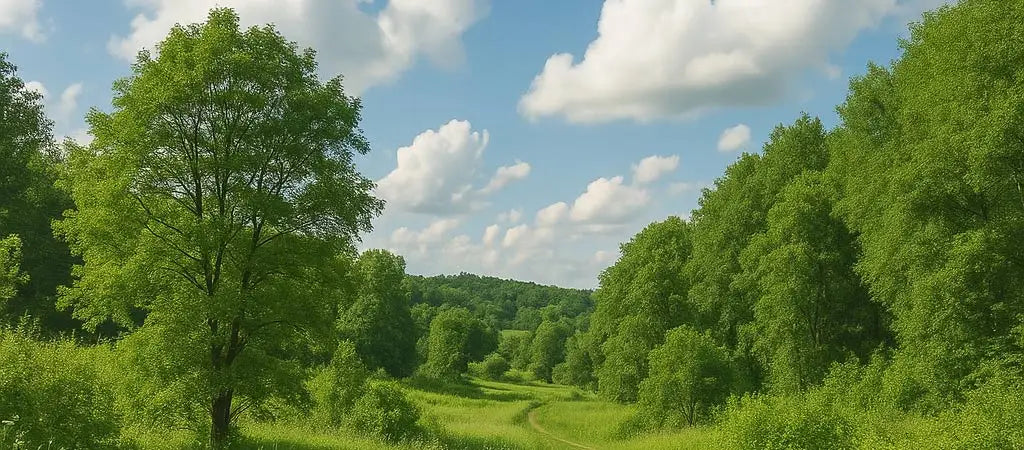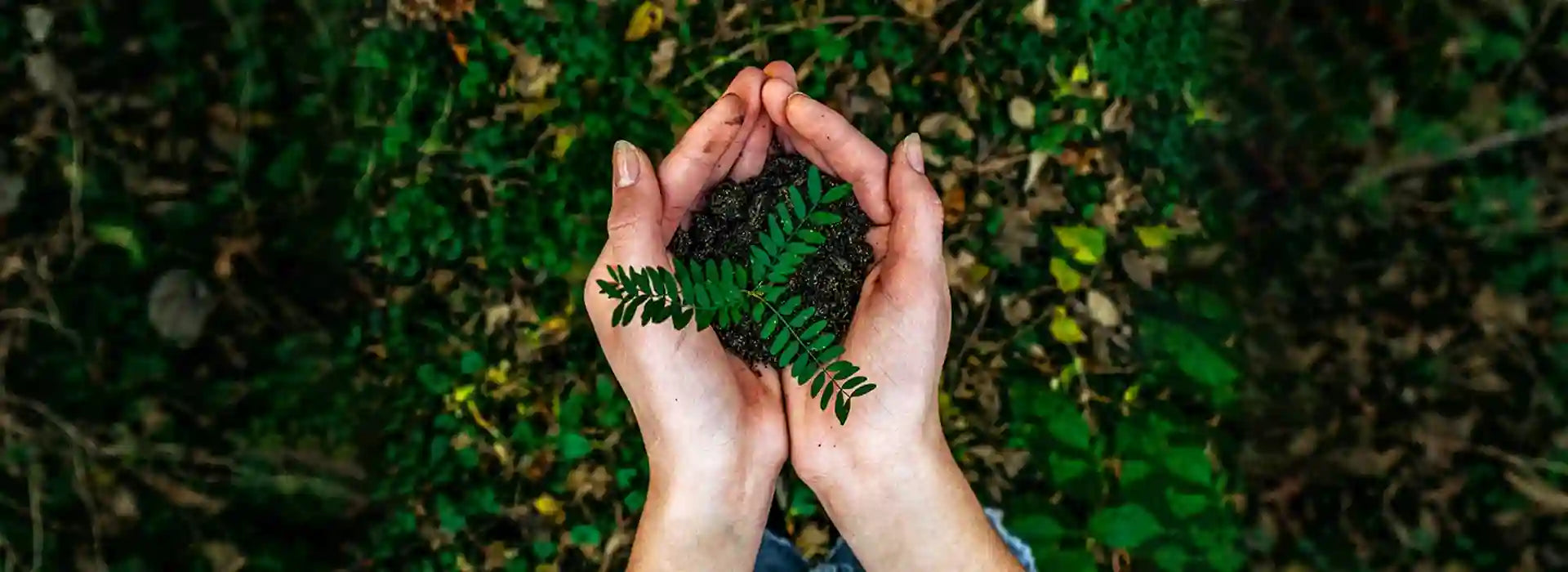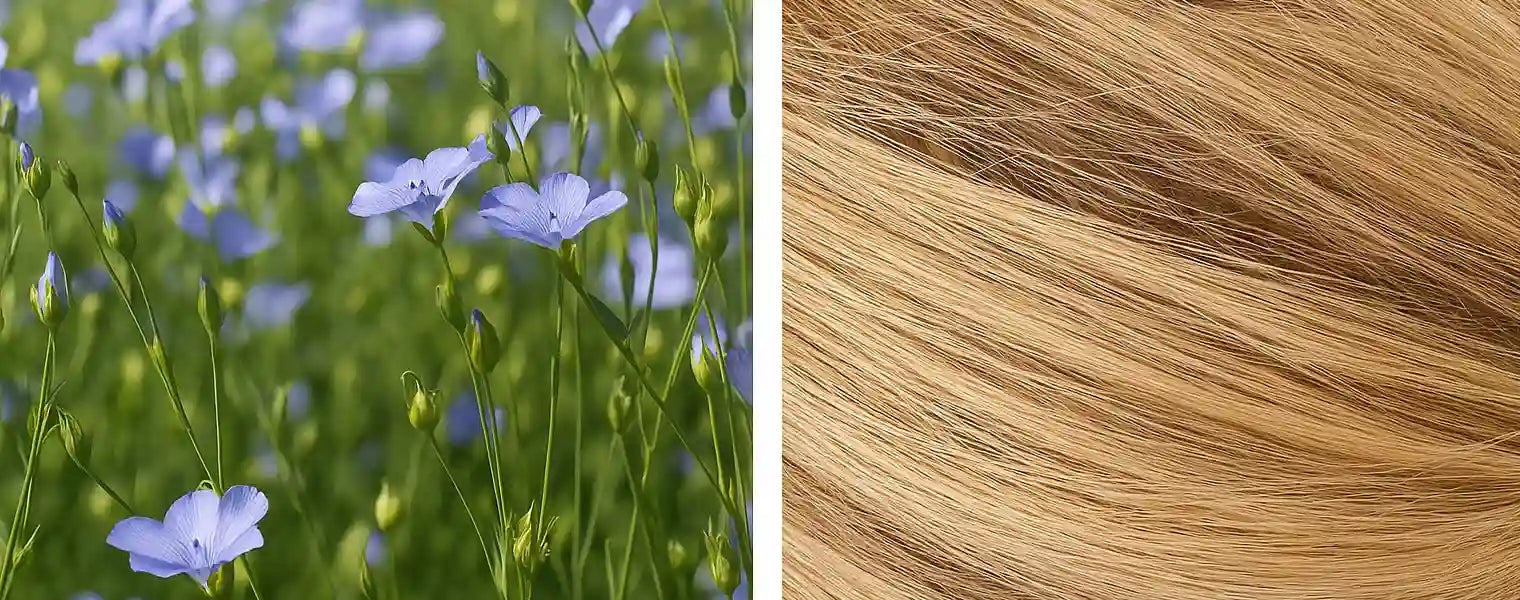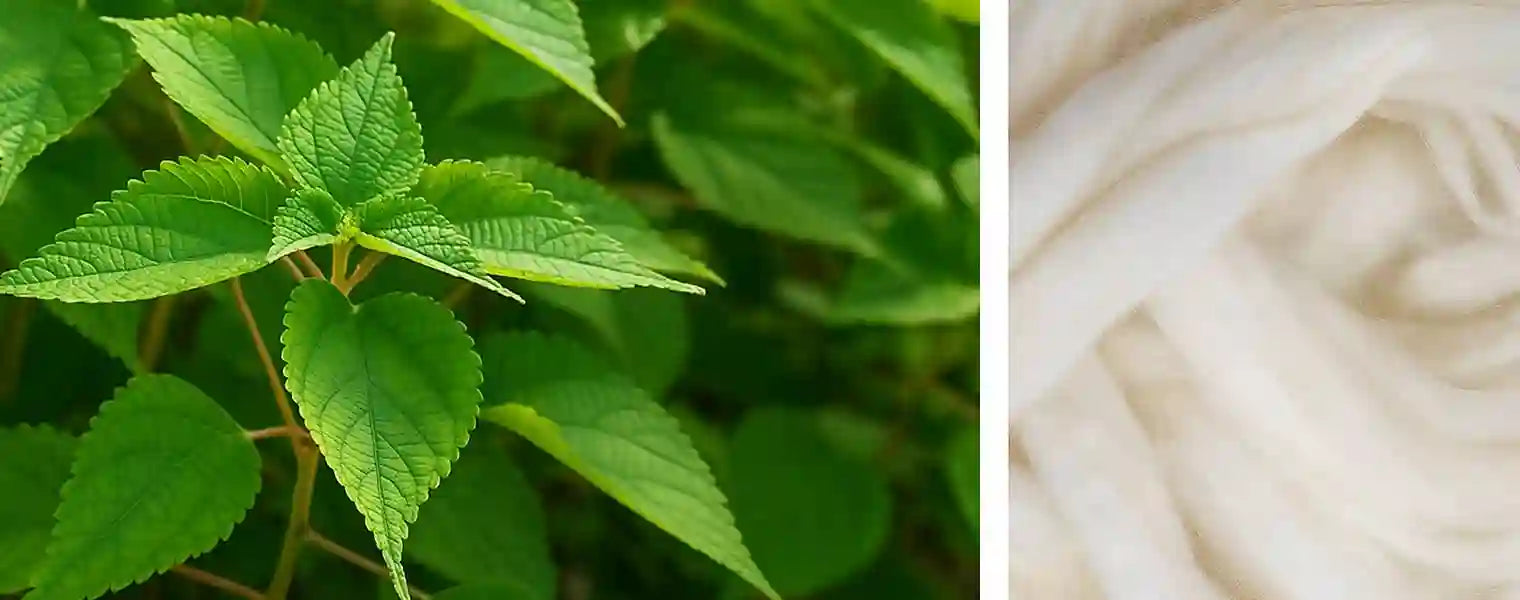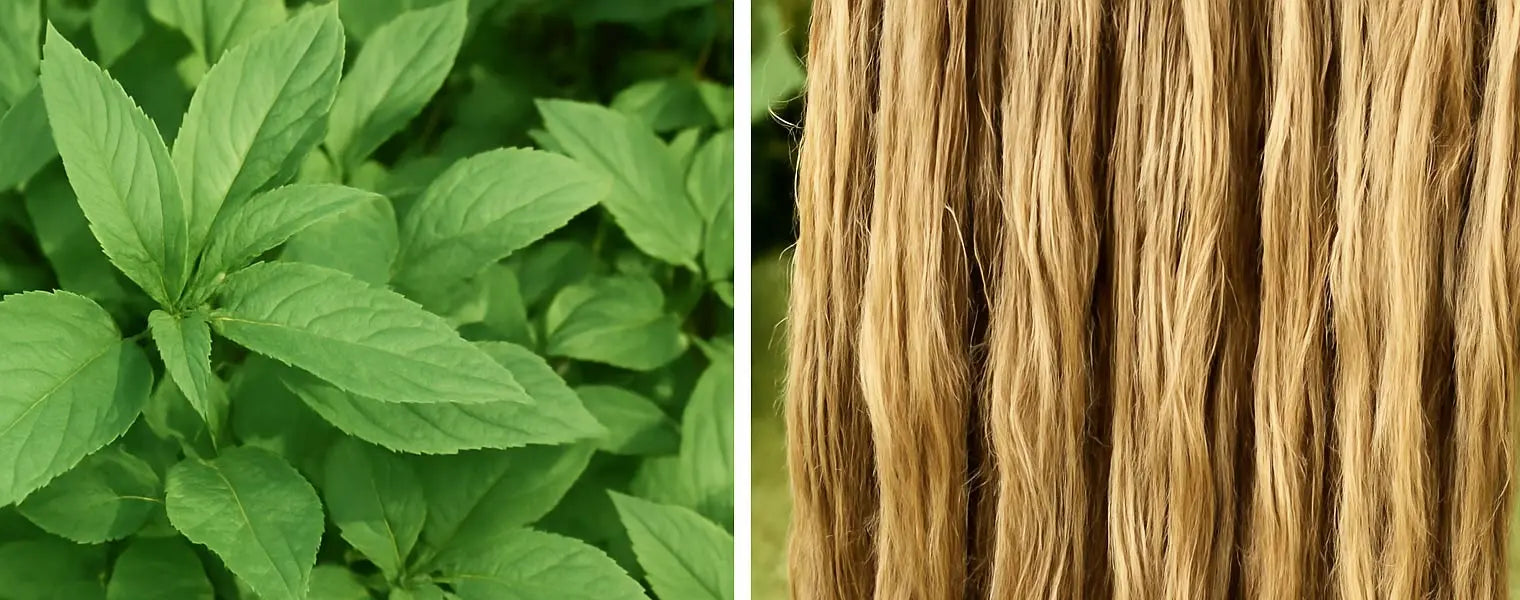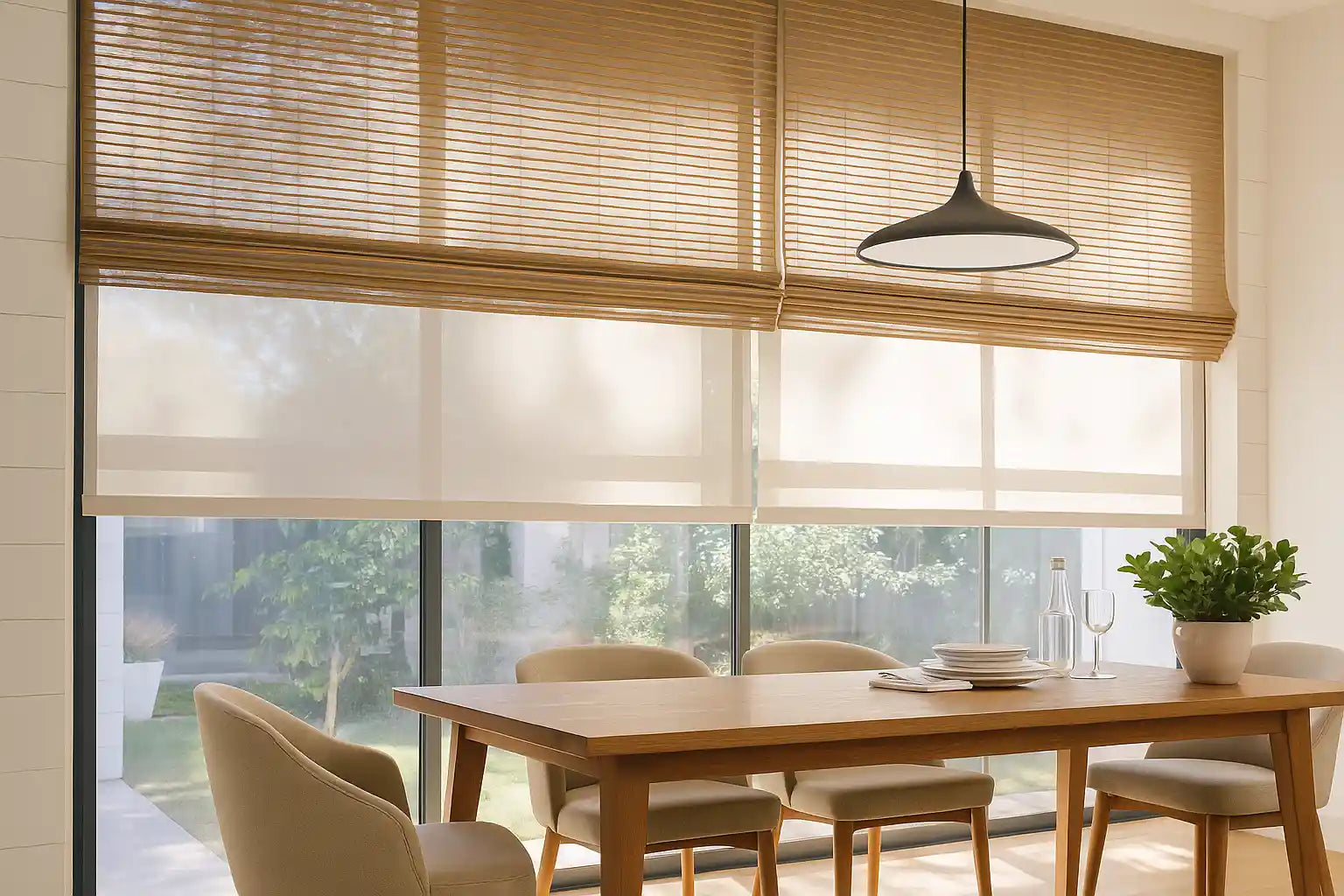A sustainable fiber for the production of linen fabrics

Help The Planet
PLEATED is dedicated to making environmentally friendly choices that minimize harm to the environment. We collaborate with nature's resources instead of depleting them.
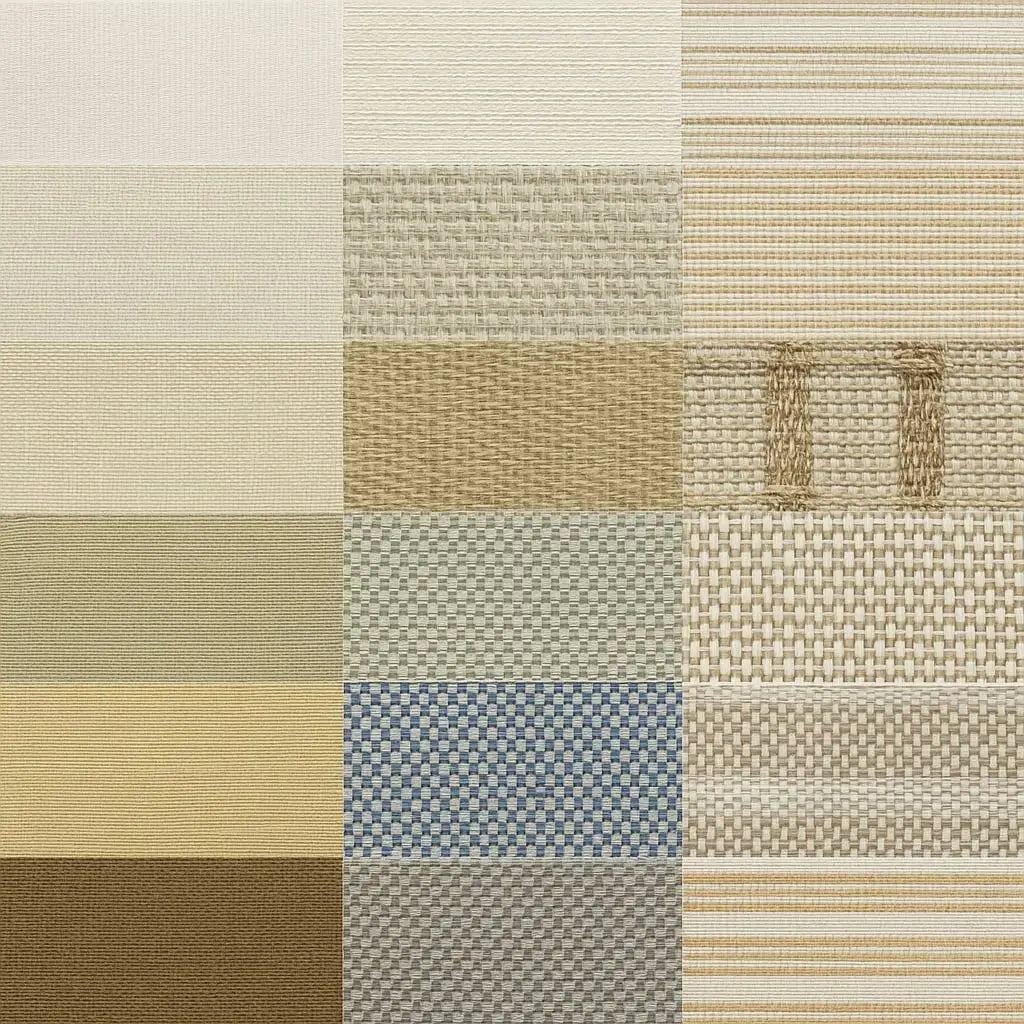
Organic Fabric
Our curtains are made from eco-conscious textiles like cotton, linen, hemp, and bamboo. Some options include recycled polyester blends. The production process focuses on sustainability and natural methods, avoiding chemicals, pesticides, and synthetic additives. This ensures a healthier environment and a cleaner product for consumers.
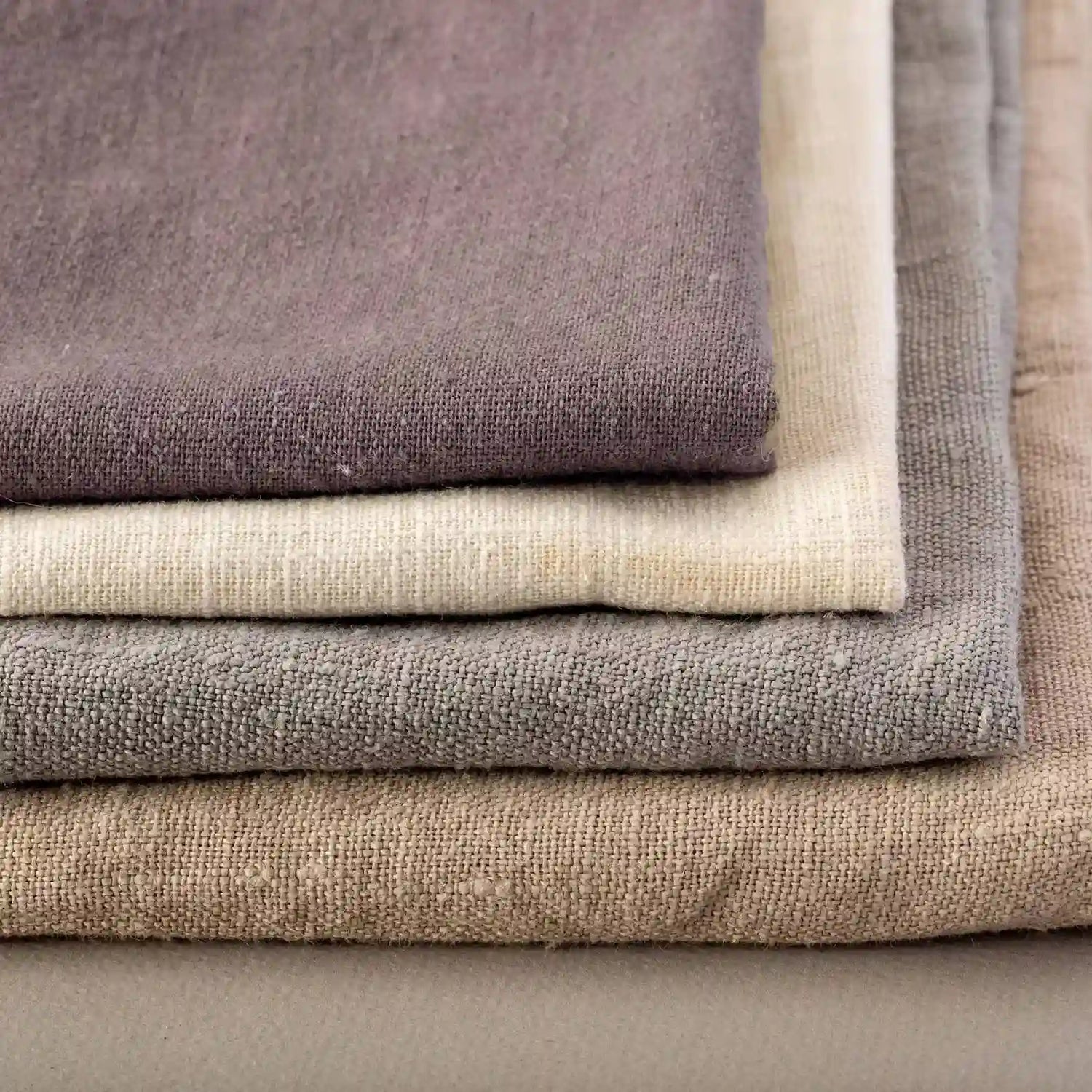
We promote the idea of reducing fabric waste. Our swatches and curtains can be reused. If you're replacing your drapery, consider recycling the old ones by packaging and donating them to individuals or organizations in need, allowing for continued and sustainable use.
Our curtain manufacturing process involves manual cutting and sewing, providing valuable opportunities for artisans. This helps preserve traditional craftsmanship and promotes sustainable, local employment.
What is Flax?
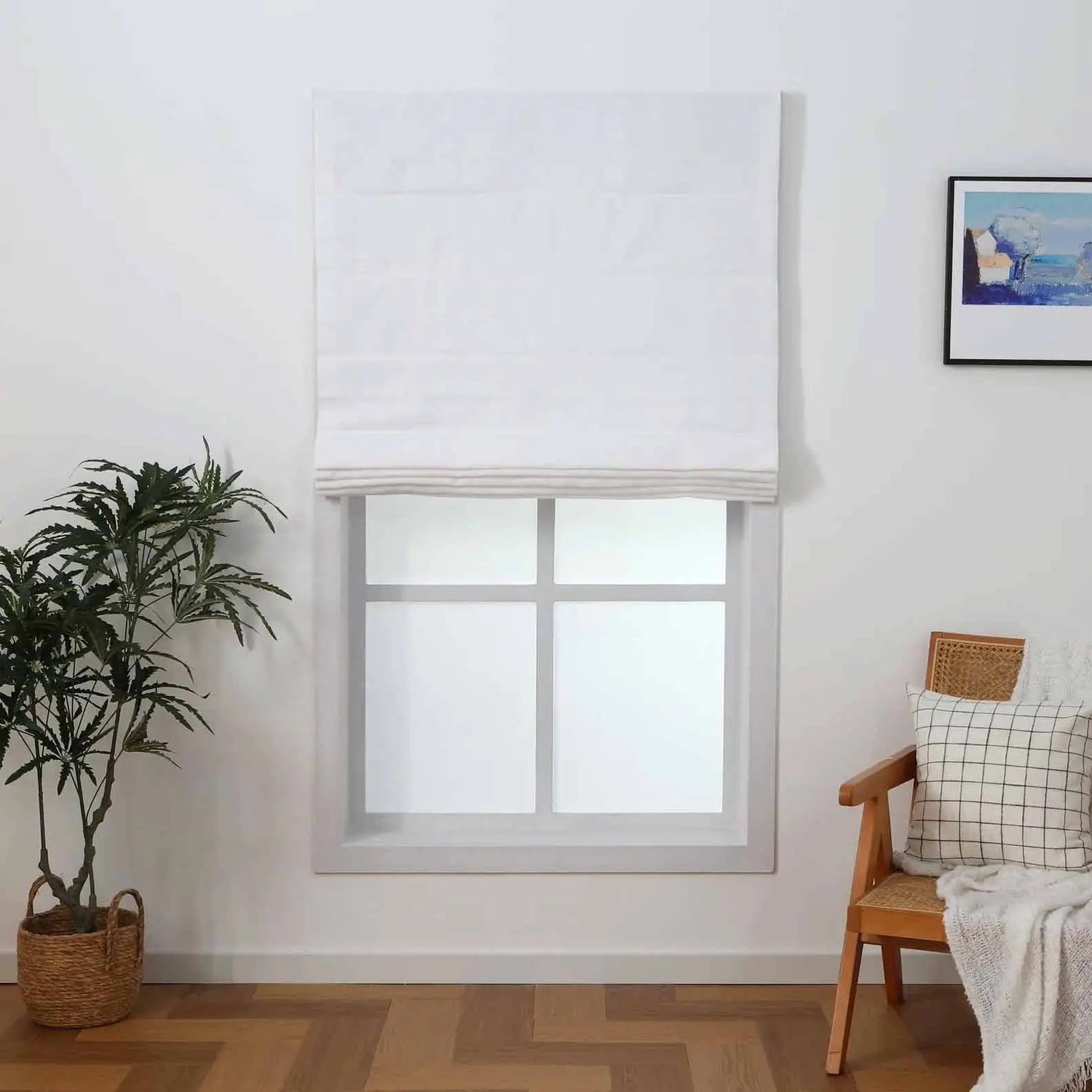
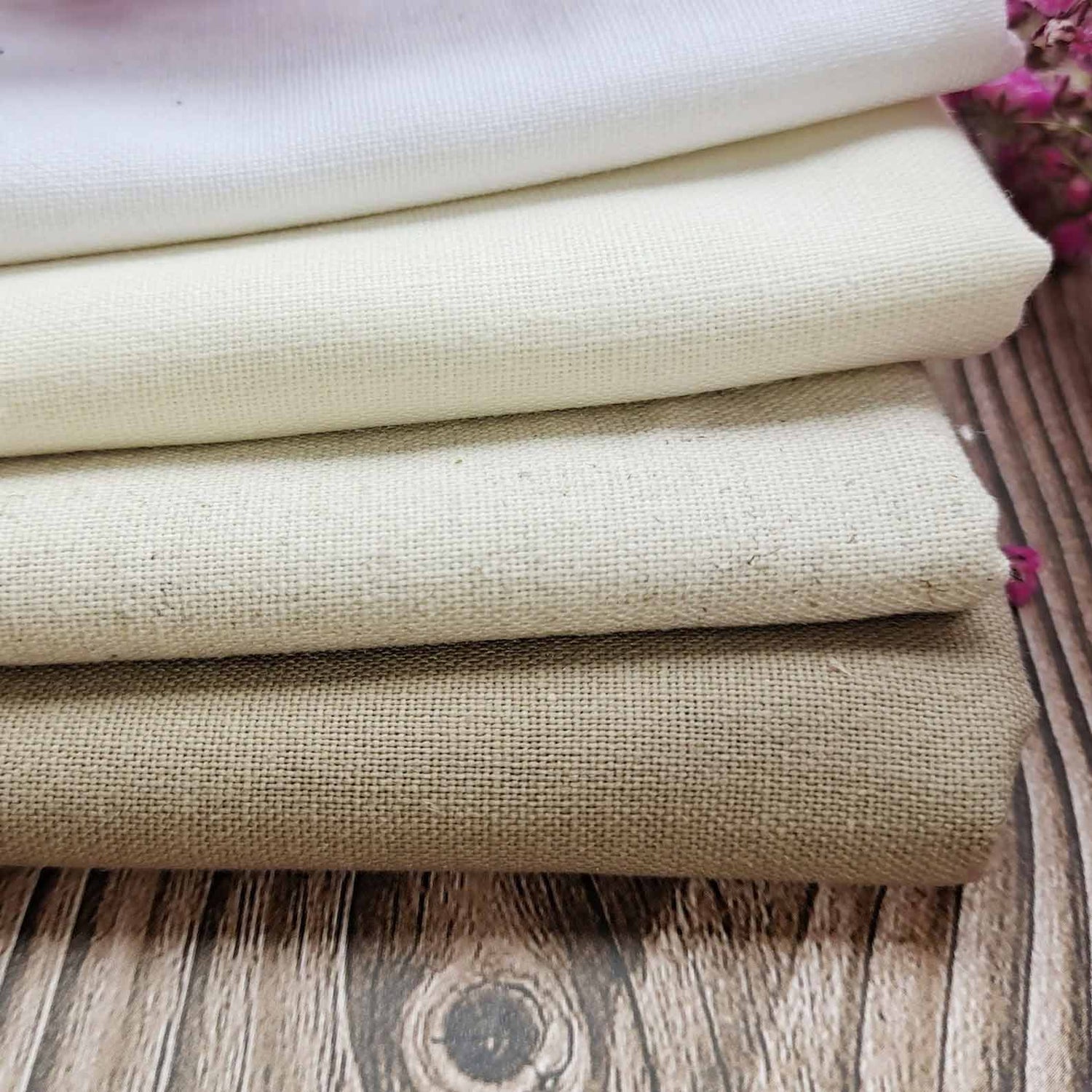
Features
- Smooth and shiny surface
- Durable, firm, and crisp texture
- Resistant to high temperatures
- Breathable and cool, ideal for summer wear
- Low elasticity, maintaining shape well
- Naturally resistant to pests and insects
- Absorbs and releases moisture quickly, providing comfort
- Colors may fade with prolonged exposure to light
- Difficult to dye and bleach bright colors; tends to fade
- Becomes softer and more comfortable after washing
- Prone to wrinkling and requires ironing
- Naturally antistatic
- Fully biodegradable and environmentally friendly
- Fast-growing crop that requires minimal chemicals and no irrigation during cultivation, making it sustainable and eco-friendly
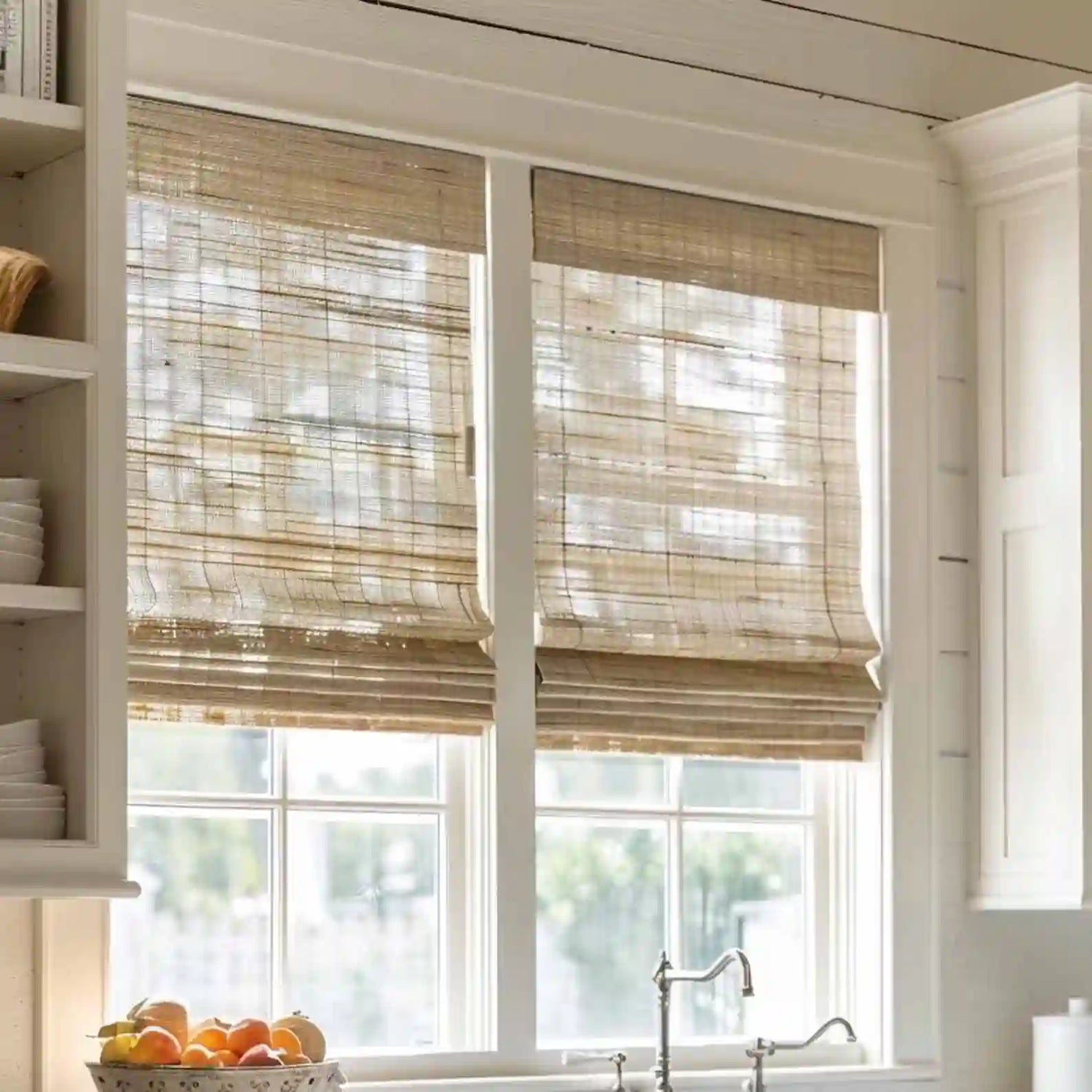
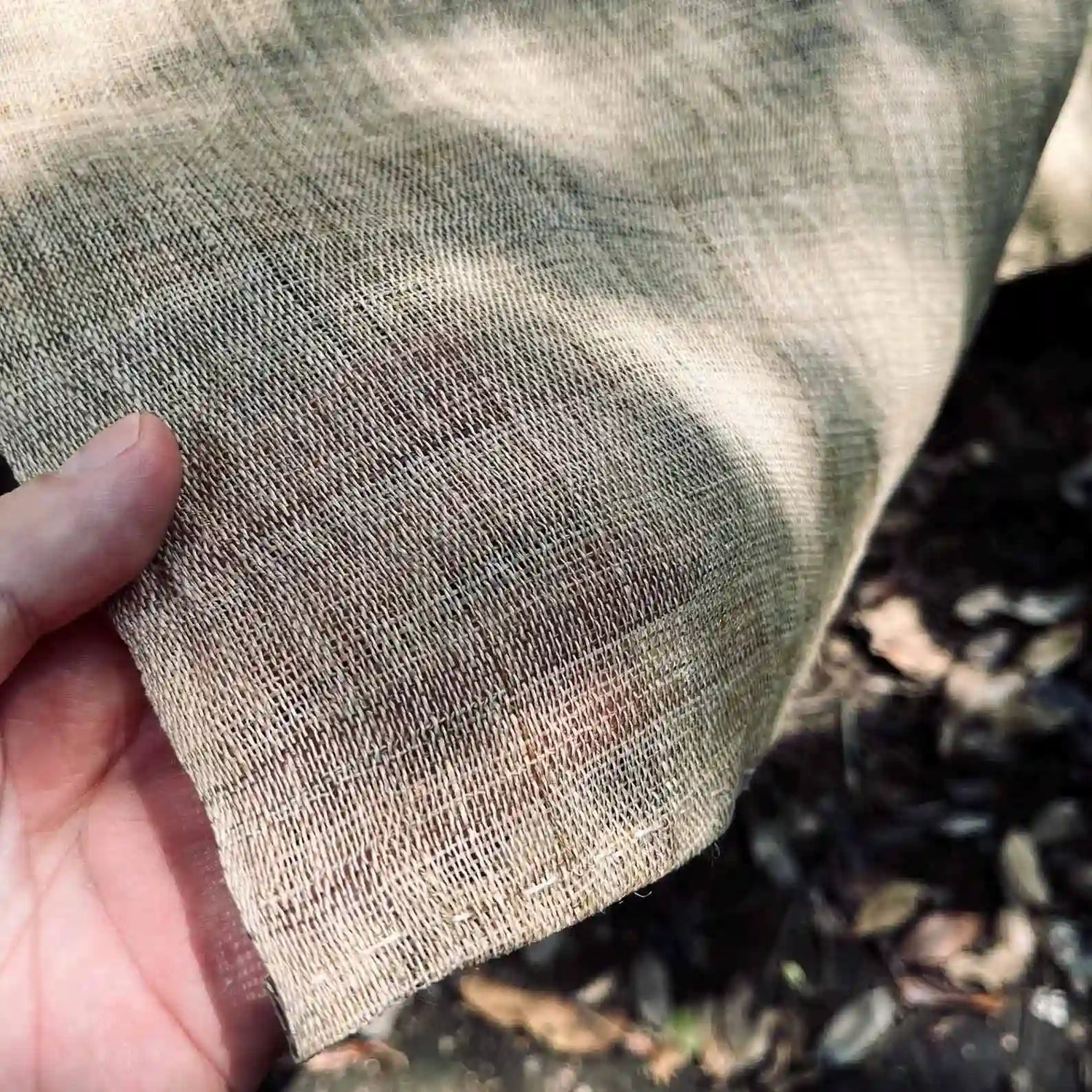
Features
- Hard and brittle initially, softens with repeated washes
- Becomes stronger when wet
- Maintains garment shape well
- Gains a silk-like texture after washing
- Resistant to high temperatures
- Low elasticity, prone to deformation if over-stretched
- Quickly wicks moisture, more absorbent than cotton
- Naturally antibacterial and resistant to mildew
- Excellent dye affinity, though prone to discoloration
- Slight shrinkage after washing
- Can break if heavily wrinkled or strained
- Tends to generate static electricity
- Ramie is a fast-growing, plant-based fiber that is renewable and environmentally friendly. It requires no pesticides or herbicides and naturally resists mold, mildew, and bacteria, making it a sustainable choice for eco-conscious textile applications.
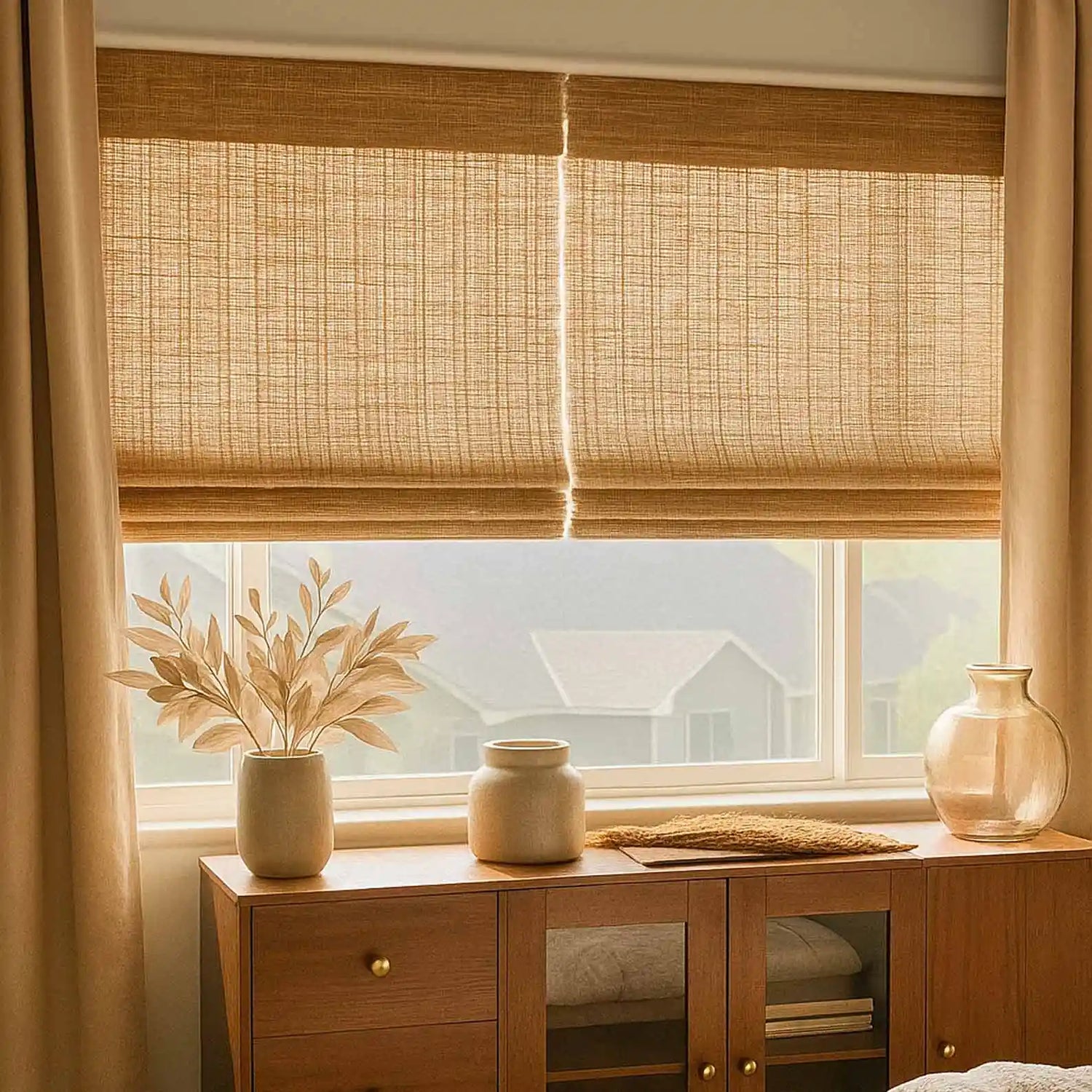
Features
- Durable
- Strength decreases when wet
- Keep garments in good shape
- Low elasticity
- Ability to insulate sound and heat
- Good dyeing effect, no fading
- Antistatic
- Biodegradable
- It is a fast-growing, low-maintenance crop that can be harvested every 4 to 6 months with little need for pesticides or fertilizers.
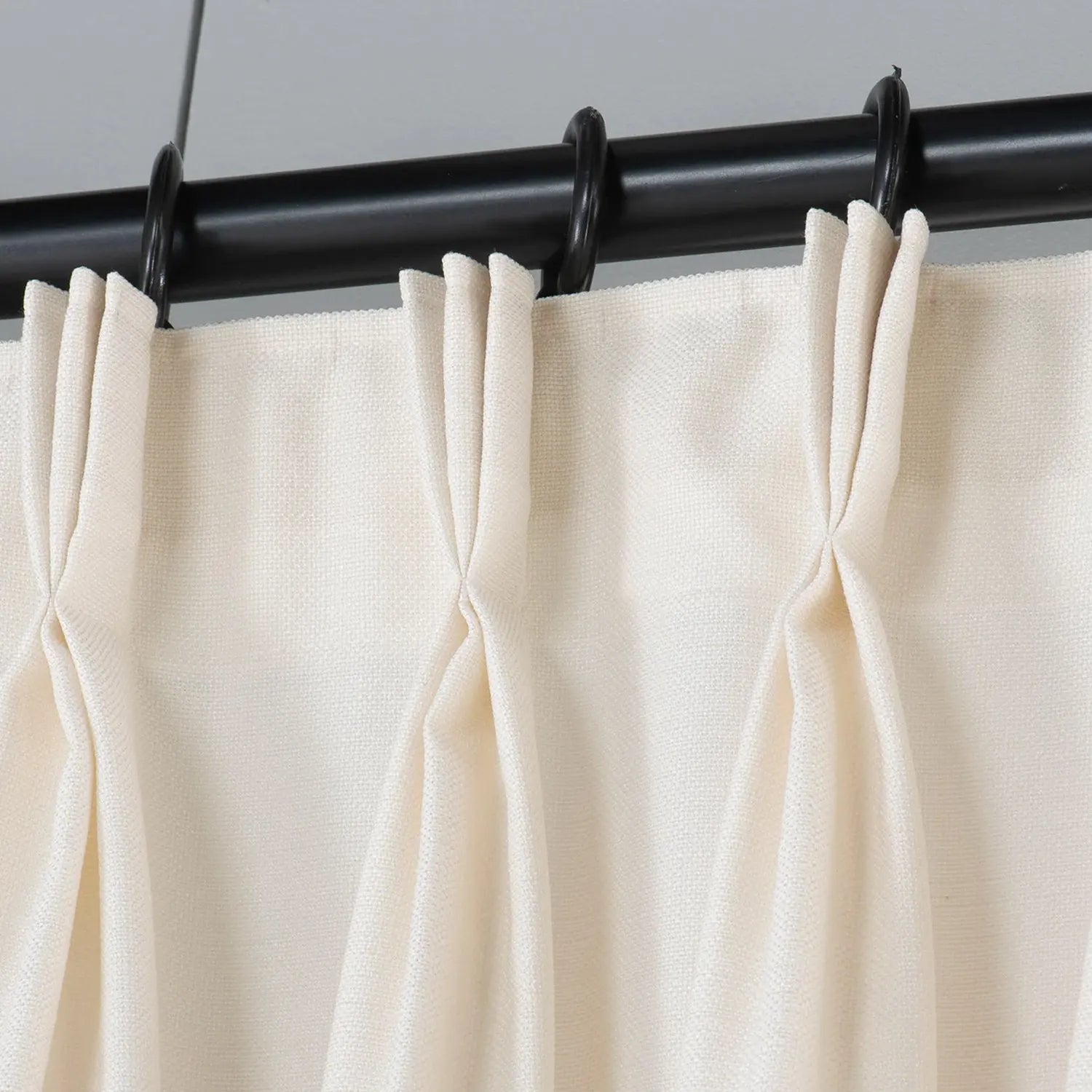
Key Characteristics
- Natural Materials: Made from renewable resources such as bamboo, known for rapid growth and eco-friendliness. Other fibers like jute, reed, grass, and corn husk may also be included.
- Unique Aesthetic: Handwoven patterns create distinctive textures and designs, available in a range of natural colors from light to dark, matching various interior styles such as bohemian, farmhouse, modern, and traditional.
- Light Filtering: Naturally diffuses sunlight, providing gentle illumination while maintaining privacy.
- Versatility: Suitable for any room and décor style, with customizable options including cordless and motorized lifts. Can be paired with liners for increased privacy or light control.
- Sustainability: Eco-conscious choice that promotes sustainable practices, reducing the use of wood and plastic materials.


